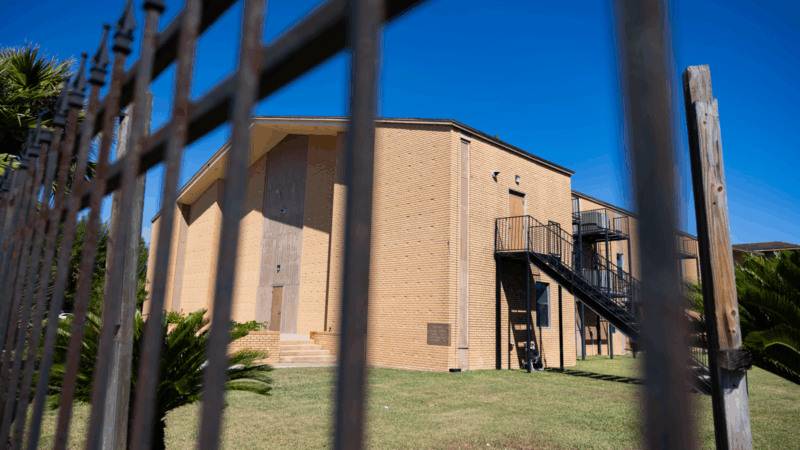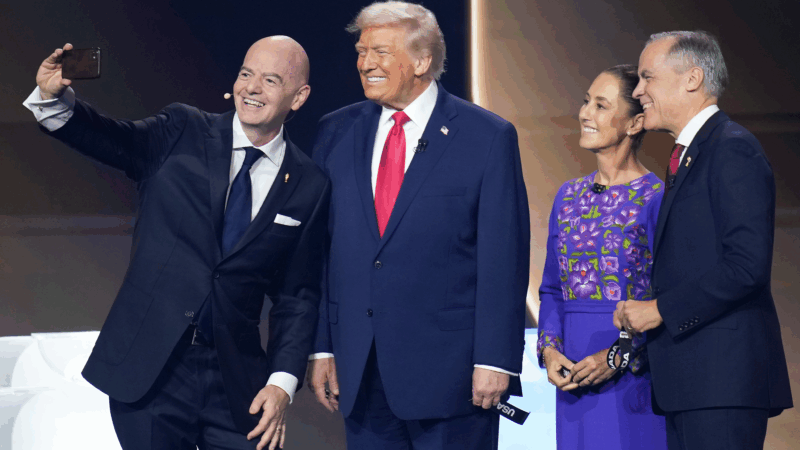WBHM Politics: Tariffs and China
When someone buys an Alabama-made car or an Alabama-grown soybean, that person isn’t always an American. In fact, the state says Alabama companies exported almost $22 billion-worth of goods and services last year. The second largest market is China. That’s why the trade spat between the United States and China has some folks in Alabama concerned.
It was sparked by President Trump’s decision in March to apply tariffs on some foreign-made steel and aluminum. China responded with its own set of tariffs on a range of American products. Both sides have threatened further action.
We explore the stand off with the Alabama International Trade Center’s Carolyn Turner, the Alabama Farmers Federation’s Mitt Walker and UAB business professor Josh Robinson.
Listen here or subscribe on Apple Podcasts, Stitcher, Google Play or NPR One.
Voting nears to a close in Texas primary that may be crucial to control of the Senate
The GOP and Democratic primaries mark a potential litmus test for what direction base voters want their parties to go ahead of midterm elections this fall that will determine power in Congress.
Pregnant migrant girls are being sent to a Texas shelter flagged as medically risky
Government officials and advocates for the children worry the goal is to concentrate them in Texas, where abortion is banned.
The 2026 World Cup faces big challenges with only 100 days to go
Will Iran compete? Will violence in Mexico flare up? And what about funding for host cities in the U.S.? With only 100 days left before it beings, the 2026 World Cup in North America is facing a lot of uncertainty.
A glimpse of Iran, through the eyes of its artists and journalists
Understanding one of the world's oldest civilizations can't be achieved through a single film or book. But recent works of literature, journalism, music and film by Iranians are a powerful starting point.
Mitski comes undone
She may be indie rock's queen of precisely rendered emotion, but on Mitski's latest album, Nothing's About to Happen to Me, warped perspectives, questionable motives and possible hauntings abound.
This quiet epic is the top-grossing Japanese live action film of all time
The Oscar-nominated Kokuho tells a compelling story about friendship, the weight of history and the torturous road to becoming a star in Japan's Kabuki theater.






